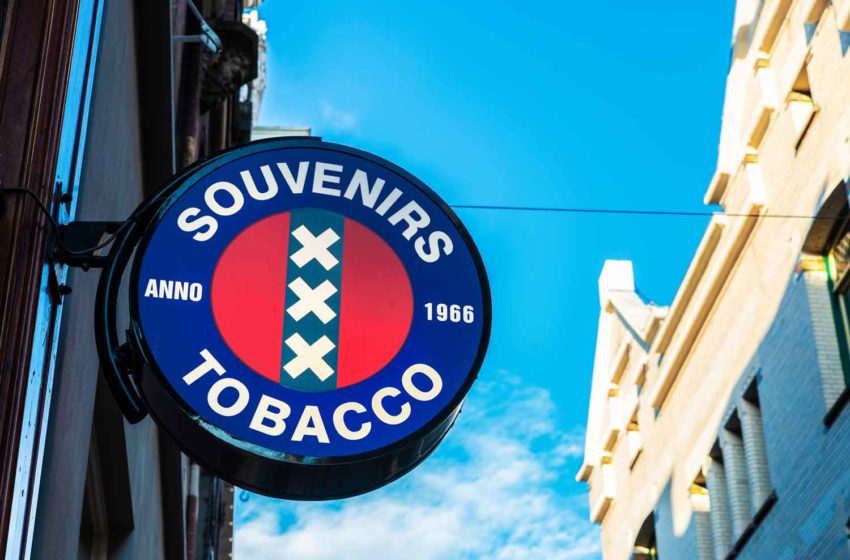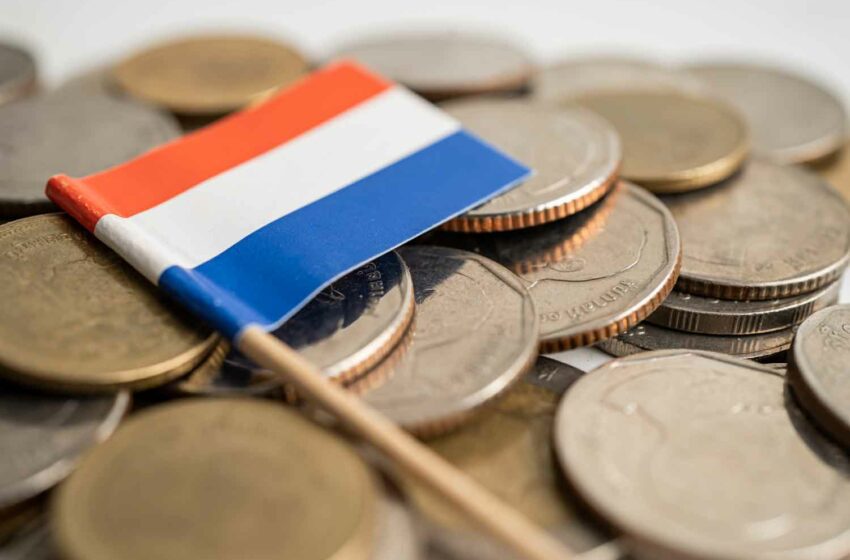Moscow wants to restrict foreign stakes in ‘economically significant organizations.’Read More
Tags :Netherlands
The duty-avoiding tobacco market has been gaining share in the wake of tax hikes. Read More
A legal framework must ensure that customers’ personal data are not compromised. Read More
Tobacco firms have backed independent outlets ahead of a supermarket sales ban. Read More
Netherlands' top business court agrees such incentives are ‘normal business practices.’Read More
Some 35 percent of tobacco sales will shift to tobacconists and convenience stores. Read More
Tobacconist stores can still be opened and operated without a license in the Netherlands. Read More
A legal challenge against the measure is making its way through the Dutch court system. Read More
BAT under-declared its local profits between 2013 and 2016, according to a Dutch court. Read More
Lawmakers don’t want to wait for Europe-wide legislation, which is expected in 2026.Read More










